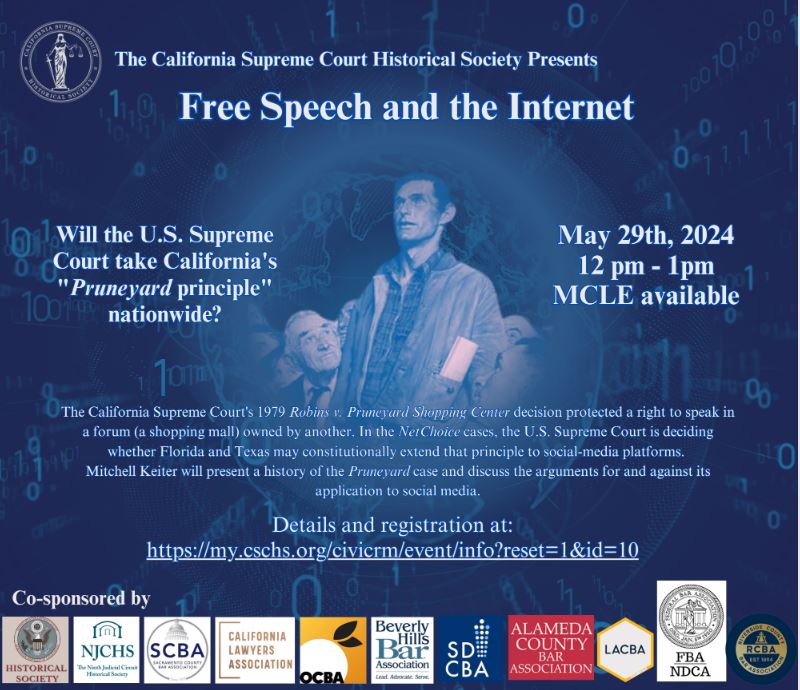In People v. Flores, the Supreme Court today holds that an attempt by a person in a high crime area at night to avoid being seen by police officers and failing to acknowledge the officers’ approach were not enough to allow the officers to detain the person. The superior court thus should have suppressed the evidence recovered during the detention, evidence that led to the defendant pleading no contest to carrying a loaded firearm.
The court’s opinion by Justice Carol Corrigan includes a detailed survey of the case law about police-citizen interactions, concluding, “The body of America’s Fourth Amendment jurisprudence reflects the effort to strike a balance between the state’s obligation to responsibly and legitimately meet the critical needs of public safety with the nation’s founding and enduring commitment to protect the individual liberty ensured to all its people.” It finds that the circumstances preceding the defendant’s detention “did not provide a particularized and objective basis for suspecting that Flores was doing something illegal.”
Although “ ‘[P]resence in an area of expected criminal activity’ is . . . a relevant consideration,” the court says, “it is equally true that a great many law-abiding Californians live, work, or otherwise find themselves in areas where criminal activity is prevalent.” The court also discounts the significance of “ ‘odd’ ” behavior. “A mere deviation from perceived social convention does not automatically signal criminal behavior,” the opinion states. Nor is “an unwillingness to be observed or interact [with the police]” enough to justify a detention.
The opinion is signed by all seven justices, but Justice Kelli Evans writes a concurrence for herself and Justices Goodwin Liu, Leondra Kruger, Joshua Groban, and Martin Jenkins. The five justices stress the importance of taking into account the perceptions of minority communities in evaluating the propriety of a detention. They say that “naïve or ill-informed notions of police interactions must not shape our Fourth Amendment jurisprudence and must not compromise Californians’ Fourth Amendment rights.”
“[A]ttempting to avoid police officers reflects, for many people, simply a desire to avoid risking injury or death,” they note. The concurrence states that “[t]his perception is based on the unfortunate and longstanding realities of policing in many minority communities across the country, as well as the police killings of Oscar Grant, Eric Garner, Michael Brown, Akai Gurley, Tamir Rice, Calvon Reid, Anthony Hill, Eric Harris, Dontay Ivy, Walter Scott, Freddie Gray, Jr., Greg Gunn, Deravis Rogers, Terence Crutcher, Jordan Edwards, Dennis Plowden, Jr., Stephon Clark, Chinedu Okobi, George Robinson, Jimmy Atchison, Javier Ambler II, Ryan Twyman, Elijah McClain, Cameron Lamb, William Howard Green, Manuel Ellis, Breonna Taylor, Daniel Prude, George Floyd, Andre Hill, Calvin Wilks, Jr., Quadry Sanders, Jayland Walker, Tyre Nichols, Ta’Kiya Young and her unborn child, and thousands of other people in the last decade alone.”
The court’s opinion acknowledges the additional factors highlighted in the concurrence, but says, “we are not called upon to grapple with th[ose] important and broader issues.” The five justices conclude that the court’s opinion “does not rely on such considerations, but neither does it foreclose future litigants from developing arguments about how racial disparities in policing might inform one’s decision to avoid contact with the police.” Of course, the views of five of seven justices make those arguments highly relevant.
The court reverses the 2-1 published opinion by the Second District, Division Eight, Court of Appeal (see here and here).



